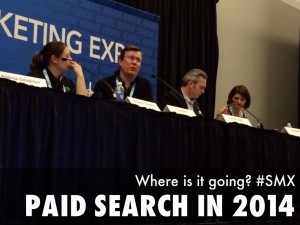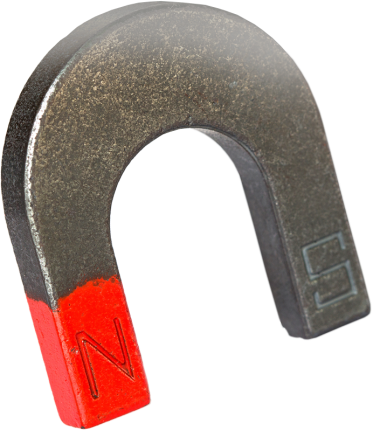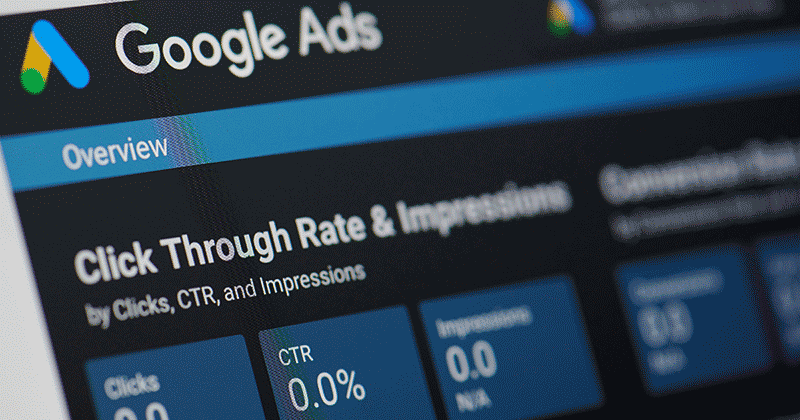#SMX Liveblog: Where’s Paid Search Going In 2014? #34B
Here’s our panel who will be doing a (presentation-free) free-for-all and discussion:
Speakers:
- Elizabeth Marsten, Vice President of Search Marketing, Portent, Inc. (@ebkendo)
- Tad Miller, Vice President of Accounts, Marketing Mojo (@jstatad)
- Kevin Ryan, CEO, Motivity Marketing (@KevinMRyan)
- Lisa Sanner, Vice President, Search Marketing, Point It (@LisaSanner)
- and moderator Andrew Goodman, President, Page Zero Media (@andrew_goodman)
Let’s Talk Enhanced Campaigns…
 Tad: We use bid modifiers quite a bit. It took us some time to get over the fact we couldn’t separate mobile campaigns, but now that we’re over it we play with settings of bid modifiers and up or down percentage bids on placement too. There’s a lot of levers to pull. We’re figuring out how far to cut on certain things, but we’re seeing a lot better results overall.
Tad: We use bid modifiers quite a bit. It took us some time to get over the fact we couldn’t separate mobile campaigns, but now that we’re over it we play with settings of bid modifiers and up or down percentage bids on placement too. There’s a lot of levers to pull. We’re figuring out how far to cut on certain things, but we’re seeing a lot better results overall.
Elizabeth: I want my tablet targeting back more than anything else. I enjoy location targeting options, but based on how the rollout last time happened I’m slightly terrified of April 22.
What is your hunch for what’s happening April 22?
Tad: Amit Singhal’s hint that PPC would have not provided sends chills down everyone’s back. It makes no sense how they could do that. It would be 10 steps backward if we didn’t have keyword data.
Elizabeth: Maybe they’re going to take away the search query? That’s not your data.
Tad: How are you supposed to know how to write your ad copy if you don’t see the keywords that are coming in the most? I can’t fathom a world where they’d take away billions of billions of dollars.
Kevin: I think that’s the point of Enhanced — optimizing back to intent. The immediate effects you’d see is analysts having to go in and readjust everything. Google sees a short term surge as everyone starts paying for everything from the beginning. Where Google is headed with this is that we don’t have a choice, we have to buy ads. Look at all the content platforms Google is running and there’s a lot of pieces they’re pulling together. The real money is in display, the loss leader is search. Optimizing back to an action without knowing where it came from is where the removal of keyword data would lead to — a major win for Google shareholders.
Andrew: On April 22, maybe they’ll let us do something different with devices or maybe they’ll take them away.
Tad: Age and gender gets added to the search side of things, that’s the best case scenario.
Kevin: People don’t spend a lot of time talking about search at the major digital events. They talk about display and mobile devices. That’s where the discussion is headed because that’s where the money is headed. CMOs aren’t talking about not provided. They want Google to move to a model where fractional measurement disappears and you get audience measurement.
Andrew: Something like PLAs is going toward intent based, not audience based.
Lisa: The convo around search integrated around other channels has proliferated this year. Pulled into programatic buying, social content, DMX — having the search channel expert weigh in on multi-channel convos happening.
Andrew asks the panel if they want to talk about Google+ or mobile.
Kevin: The best place to hide something on the Internet is Google+. No one’s there. When Google+ was being implemented, Google reps weren’t asking you to try it, they were telling you to do it.
Andrew: Do we see a connection with PPC and Google+? Is it going to continue to be along the lines of it will provide the advertiser with richer behavioral data? Or will there be advertising inside the platform?
Elizabeth: For local businesses, yes. If you’re a local business you need to claim your Google+ listing for reviews, to be in maps, for surveys, and for third-party reviews.
Andrew: Facebook and Twitter want to impress Wall Street and prove they can drive revenues from mobile. Do you think Facebook or Twitter are providing value to mobile advertisers?
Kevin: There are a lot of ad networks and none of them want to be called ad networks. These guys are trying to do location based. We should stop calling it mobile. My experience and use for the devices I carry around with is different so we should call it device experience instead of mobile experience.
Andrew: Is none of the advertising truly native to what people are doing? Why are some things just horribly bad and interrupting?
Tad: Let’s take it back to ROI. If the measurement is impressions and that’s all you care about then sure, but I’m more interested in seeing more than that.
Elizabeth: Paid social is going to be where it’s at. There’s money to be made there. In terms of ROI I don’t look at it as last-click; it’s between display and last-click. But think about how much that customer is worth to you. When they buy your product and tell three people about it, there’s value there, even though we can’t get precise about what that value is.
Lisa: On social, getting those impressions on new prospects, bringing those in to an attribution model is what companies are testing and trying to learn more about this year.
Kevin: The cost of technology is coming down and the cost of building a better framework is coming down. There’s a huge growing area, the middle tier of advertising, where tools that were previously unattainable to them are no accessible. That’s why we’re having conversations about fractional conversion and fractional attribution.
Andrew: You’re all in the agency world. What do clients want from us?
Elizabeth: Usually its the crystal ball and they want to know how much money they’ll make next year.
What gets in the way of the profit maximizer model that would be the goal of both sides? IT departments, silos, different budgets per silo, corporate culture … Are we still dealing with fixed budgets?
Kevin: Traditional brands in the middle tier still have to write budgets. We’re adding line items for search and social (not “Facebook” specifically because the platform changes so regularly). Brand people have “cool” metrics like view-throughs which don’t mean anything. It would benefit search people to look at the broader scope of metrics. He’s observed that when they try the next cool thing but then all else fails they come back to the search people and say what else we can do.
Elizabeth: A paid search person is a partner, a strategist, needs to know about social, UX and to know the businesses goals. They’re aggressively going after finding out what success looks like for that business so they have an idea of where the bar is for them.
Lisa: I like to think of the kind of client I like to work with — collaborative, want to learn with you. As you learn and see patterns, you share that knowledge about they’re company with them. Then they’ll give you more budget because they trust you.
Kevin: They surveyed clients to ask what they were looking for and the number one answer was an advocate. Perspective, explaining why things are important, unbiased advice.
Elizabeth: Best clients are as passionate about their own business as she is about paid search.

2 Replies to “#SMX Liveblog: Where’s Paid Search Going In 2014? #34B”
LEAVE A REPLY









